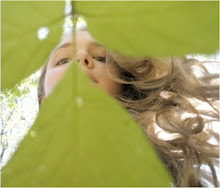
"The Parable of the Madman" tells of a "madman" who is surrounded by what is described as a group of nonbelievers; he starts saying he seeks God, and then proceeds to inform those around him that they killed God and churches are now only "tombs and sepulchers of God."
This story could be considered modernist because it attempts to divert from the norm and it expounds upon novel ideas, and it also contains a little of the "regular" mindset of the time. At the time it was probably shocking to read such a thing, but today, with so many atheists, the idea is probably more acceptable. I thought it was interesting how the man in the story is called a madman; just because he has original views that are different from those around him, does that make it justified to ostracize him and label him as a madman? The crowd yells and laughs at him because his ideas are different than their own, and Nietzsche chooses to call him a madman, which one must admit, has a negative connotation.
Nietzsche creates an interesting story. It seems as though he presents this idea under a disguise; by calling the character a madman, it appears that he's nonsupporting of the idea that humanity killed God, but under this disguise, he is able to present the idea without taking credit for the thought. The madman is the one who gets victimized, even though Nietzsche was the one who created him and gave him words. Of course Nietzsche would still be considered a certain way, but he still calls the man mad.
I may be totally wrong about all of this, but it's all just opinions and interpretations, which is part of modernism and post-modernism anyways. :)



